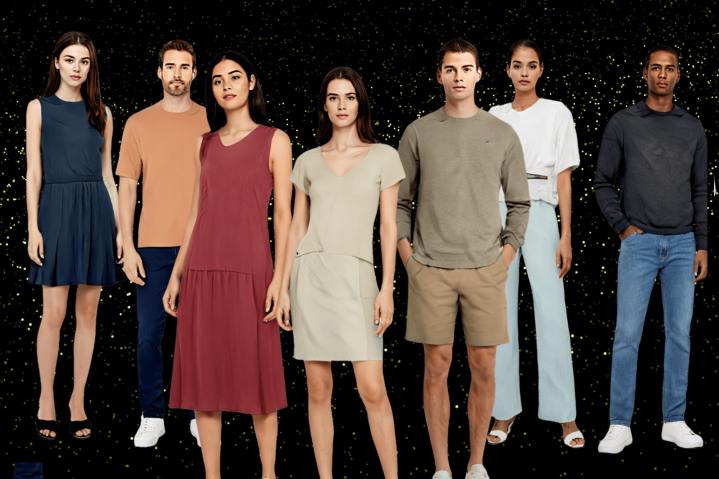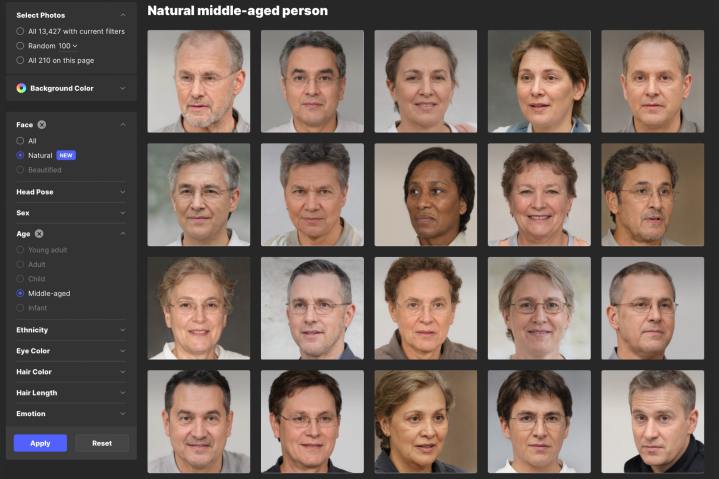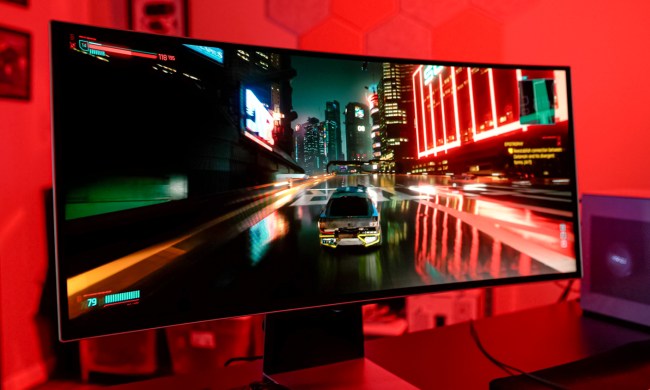New AI image-generation systems make headlines every day but that revolution started many years ago. Now one of the most established services for AI face generation has expanded its offering to include full body images. An early use of computer-made faces was for news stories, video games, and documentaries when a person was needed to convey an idea or represent an unknown individual for which no photo was available. Keeping a stock library of faces isn’t too difficult for an agency but standing poses are harder since the type of clothing affects the possible uses of the images. In the past, one or more models would need to be hired for these types of shots.

Generated Media, the company behind the Generated Photos website and its free, real-time Face Generator recently launched a massive library containing 100,000 AI human images that look like real people, wearing a variety of clothes and standing in relaxed-looking poses with neutral facial expressions.
There is some concern about how the rapid advancement of artificial intelligence will affect various industries and it seems artists, actors, and models aren’t even safe from computer technology. When you see a person in an advertisement or shopping website, are they even real? It might be hard to tell. What’s clear is this revolution will continue to accelerate until everyone will either be working with computers or replaced by machines.
Generated Photos’ AI-created humans are still in development and the full set must be downloaded in a 1.3GB zip file in order to view individual images. Despite such a large collection, the library is limited to young, slim adults at the moment. That will be expanded, according to a representative from the company, to include different ages, body types, various poses, and custom clothes, as has been done with faces.

Eventually, a searchable database that works like the Face Generator will be available. The Generated Photos website also includes an anonymizer feature that allows you to upload a selfie and the system will find the closest match from its database of millions of faces, so you can post a photo online that’s similar to your real appearance but not actually you. This and the other tools are free for personal use and can be licensed for commercial use.
The industrial revolution saw the loss of labor-intensive jobs and the AI revolution will soon be coming for creative and analytical workers. In a utopian future, all work would be the domain of machines whether taking the form of robots or operating virtually over the internet, leaving humans to lives of leisure. The tricky part will be navigating the transitionary time.



